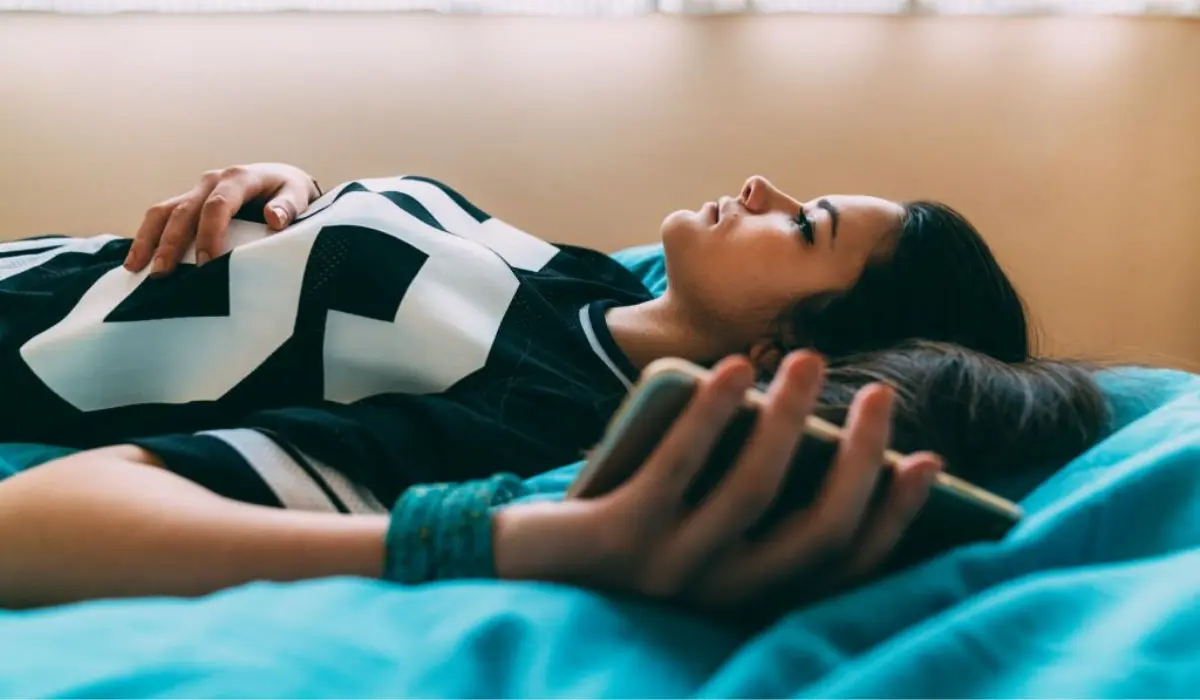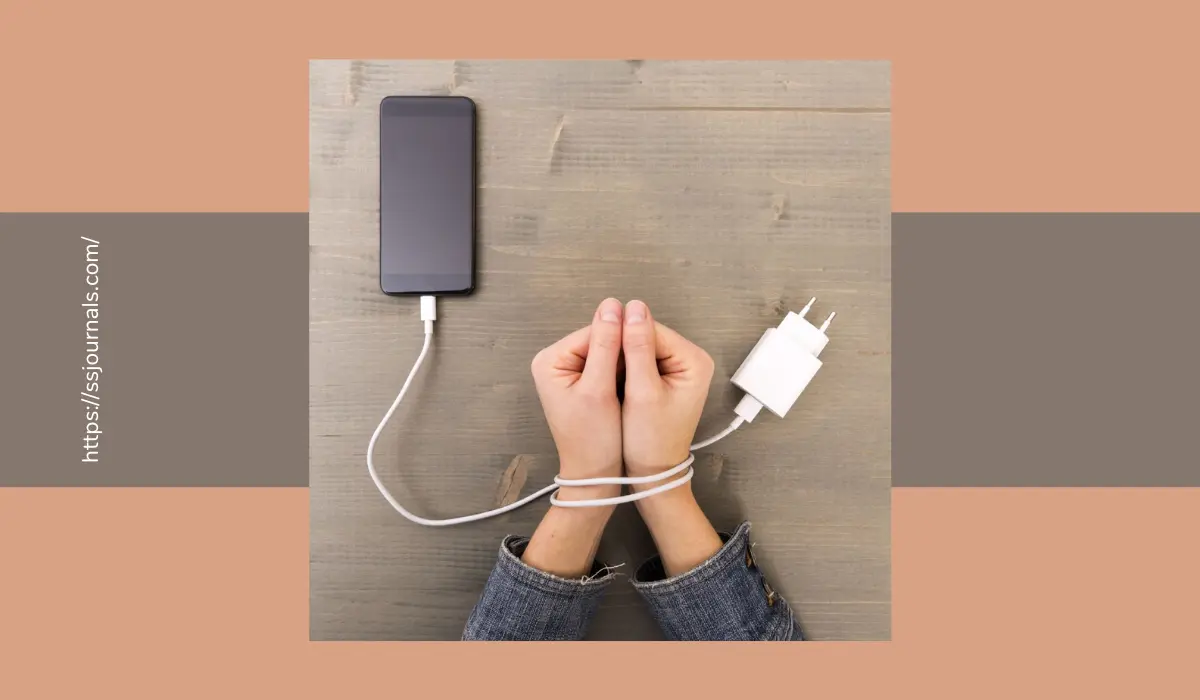Nomophobia, or no-mobile-phone phobia, refers to the fear of being without your mobile phone or unable to use it. This phobia has risen along with the incredibly rapid rise in mobile phone use over the past two decades.
For some people, the thought of being without their phones causes extreme anxiety and panic. Their phone use may be so compulsive that it interferes with work, relationships, and other parts of life. Fortunately, there are strategies and treatments that can help people better manage this modern phobia.
What Is Nomophobia?

Nomophobia is considered a situational phobia – the sufferer fears not having phone access only in certain situations. It is not officially classified as a mental disorder, but research suggests it causes real distress for some individuals. One study found that 53% of mobile phone users feel anxious when they lose their device or run out of battery.
Nomophobia is considered by some experts to be an extension of social anxiety disorder. Sufferers fear losing connection and being isolated from friends, family, work, current events, and more. For a minority, the anxiety becomes severe enough to be considered a phobia that interferes with daily functioning.
What Are The Symptoms Of Nomophobia?
People with nomophobia may exhibit some of the following symptoms when they lose connectivity or access to their mobile device:
👉 Panic, anxiety, nervousness, sweating, or racing heart
👉 Obsessively checking for signal or battery life
👉 Fear of losing personal information or images
👉 Inability to concentrate on other tasks
👉 Withdrawal symptoms like tremors, pain, or nausea
👉 Avoidance of situations where phone use is restricted
👉 Using their phone compulsively or excessively
In severe cases, people may experience full-blown panic attacks when unable to use their devices. Their fixation on their phone distracts them from work, school, socializing, and even safety.
What Causes Nomophobia?
As with other phobias and anxiety disorders, there are a few possible causes for nomophobia:
- Traumatic event related to not having a mobile device during an emergency situation
- Built-up dependence on always being connected through digital devices
- Using the mobile phone as a maladaptive coping strategy for social anxiety or loneliness
- Pre-existing anxiety disorders make people more prone to phobias developing
- Withdrawal response to lost access to an addictive device
Our widespread cultural reliance on smartphones likely also contributes to this phenomenon for some individuals. Smartphones provide constant access to information, communication, games, reassurance, and more. Losing that can trigger unease for anyone in the modern world.
Ways To Treat Nomophobia
If you suffer from nomophobia, here are some ways to help manage and reduce your phone anxiety:
Cognitive behavioral therapy (CBT) with a mental health professional specializing in phobias or anxiety disorders. This can help identify unhelpful thought patterns and begin facing feared situations in a controlled way.
Practice voluntary disconnection by setting aside certain times or places where you intentionally avoid phone use, such as during meals or before bed. This exercise reduces dependency and makes disconnecting less distressing.
Leave your phone behind for short, low-stakes situations like a quick trip to the store. Record any irrational worries and reassess if they actually took place.
Carry a portable charger with you to eliminate worries about the battery dying. Consider a spare phone as a backup for emergencies.
Develop offline hobbies and activities so your life does not solely revolve around technology. Socialize in person instead of only online.
Use apps or settings that monitor and limit the time spent on your phone each day. Schedule necessary device breaks.
Seek social support from understanding friends and family who can help you implement nomophobia coping strategies.
Consider how your phone use may connect to other mental health issues like anxiety, depression, isolation, or addiction. Treat the root causes.
Conclusion
For most of us, being suddenly without our phones may cause annoyance or mild unease. But for those with nomophobia, it brings about severe distress, panic, and irrational fears. This phobia seems to arise from the same causes as other phobias and addictions.
With professional help, behavior modification, and social support, it is possible to manage nomophobia symptoms successfully. Gradually reducing reliance on the phone rebuilds confidence in your ability to function without constant connectivity.
Frequently Asked Questions
No, nomophobia is not formally listed in the Diagnostic and Statistical Manual of Mental Disorders yet. However, research does indicate that many smartphone users experience intense anxiety when separated from their devices.
Surveys suggest that 53-58% of mobile phone users exhibit some signs of nomophobia or report feeling anxious when not near their phones. However, only a small percentage likely experience severe enough distress for it to be considered a phobia.
Yes, children who grow up with constant access to smartphones may also develop irrational fears and anxiety when unable to use their devices. Monitoring children’s phone use and teaching healthy device habits can help prevent nomophobia.
There are no medications specifically for nomophobia. However, people with severe anxiety may benefit from anti-anxiety medications or antidepressants in conjunction with therapy. Medication can help stabilize moods and irrationally anxious thoughts.
Not necessarily. Many people experience some mild distress when they can’t access their phone. However, those with generalized anxiety disorder, social anxiety, obsessive-compulsive disorder, or other mental health conditions seem most prone to developing nomophobia. Addressing root causes can help.

